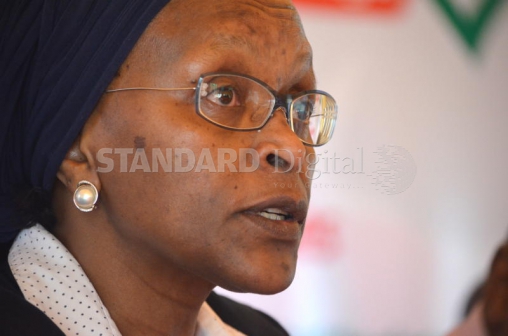
Last week felt like history repeating itself for civil society. It felt like Kenya had gone back to the dark days of one party dictatorship.
The week began with a notification from the NGO Coordination Board executive director Fazul Mohammed, purporting to de-register the Kenya Human Rights Commission (KHRC). This was followed a day later by a letter from Fazul directing the Directorate of Criminal Investigations boss Ndegwa Muhoro to shut down operations of the Africa Centre for Open Governance (AfriCOG), which he alleged was operating without a registration certificate.